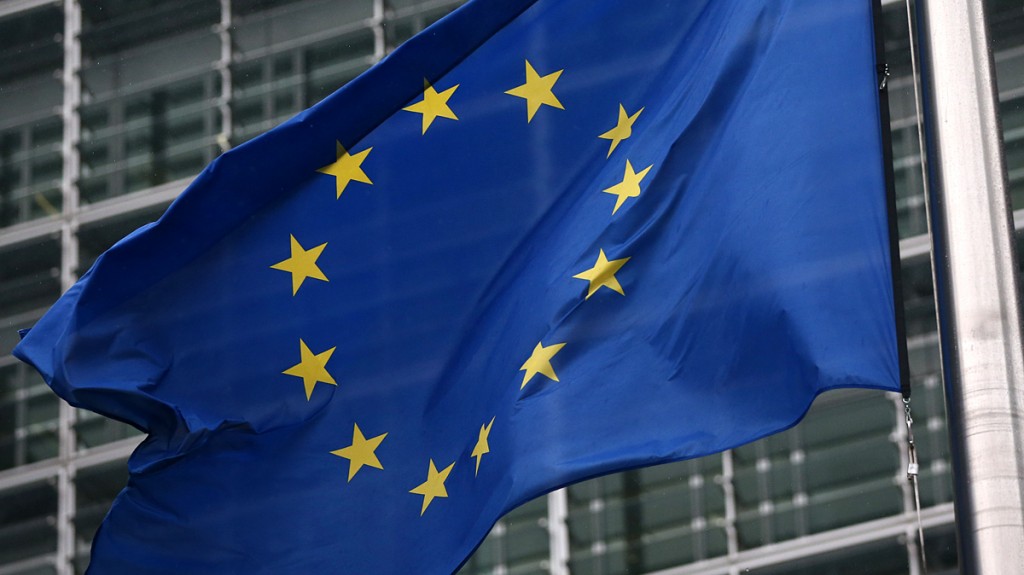
What’s the right model for a post Brexit UK to follow? If we do vote out this will be discussed for several years to come. But the good news is that there are several perfectly good paths for us to follow.
There’s full Brexit – which would leave us with full control over everything from agriculture to justice and immigration, but dependent on international rules to trade. This, contrary to popular belief, is a perfectly good option for the UK. Plenty of countries outside the single market trade very successfully inside it and there is no reason we shouldn’t either.
Norman Lamont looks at this in the Daily Telegraph. One of his key and points is this: the cash we pay into the EU every year comes to the equivalent of about 7% of the value of our exports to the EU. We are effectively paying a 7% tariff to avoid what would otherwise be a 3% tariff at the moment. Which seems a bit silly. Not being in the single market at all really wouldn’t be all bad.
Next up, however, there is the obvious and less tricky option of being inside the European EA and the European Free Trade Area (EFTA). Norway, Iceland, Switzerland and Liechtenstein are members (Switzerland is the only one which is in EFTA but not the EEA, but it has a bilateral agreement with the EU which gives a similar result). Iceland’s banking crisis aside, all are pretty successful economies.
There’s a good explanation of why it could work for us from Phil Hendren writing on medium.com.
It’s a simple argument. Being in it would mean that we followed all the rules of the single market as they are now in order to have access to it, and that we make choices about all new laws – if we want access to that bit of the market we implement them. If we don’t, we don’t.
However, we also “regain or cement control” over policy areas such as crime and punishment, foreign policy, defence, international development, agriculture, fisheries, justice, areas of social policy unrelated to the single market. Crucially, we could also regain the ability, as Norway does, to make our own trade deals outside of the EU (the EU is really lousy at making trade deals).
Below is a simple chart from Roland Smith (@WhiteWednesday) on Twitter which runs through the differences between being in the EU and the EEA, which to my mind at least makes it look reasonably attractive. The objections are the usual ones.
First, we would have no say in the rule making. But we have no say in the rule making anywhere else we trade anyway – “for example when the EU trades into the USA it follows American rules which it had no say in” – and of course we don’t get that much of a say at the moment anyway.
And second that we would still have to pay to be in. We would. But as Hendren points out, it’s a different kind of paying: not a full contribution to the EU budget but a fee for access to the single market. Think of it like a golf club: when you pay green fees “you never hear anyone say ‘you’re contributing to the budget of the Golf course with no say over how they spend it!’ yet that is what an EFTA relationship is really. Instead of paying tariffs on everything we export into the market, we pay a flat fee per year and play as much golf as we like.” There is also a contribution to reduce “social and economic disparities in Europe” under the EEA, but nonetheless, the final cost should be much lower than EU membership.
There is, of course, also the matter of the free movement of people: EFTA/EEA membership would mean the four freedoms remain. This might be a deal breaker for some. But given the upsides we aren’t sure it should be – and there is always the chance that the UK could strike a new/different EEA style deal anyway.
Finally, it is worth pointing out that this could be a remarkably easy transition. In order to join EFTA you have to follow all the rules of the single market. We already do that. So in terms of trading there would be no real change at all in the short term. No economic Armageddon, just a big step back from most of the bits of the EU we aren’t mad for.
I’ve written before about how voting for Brexit won’t get you Brexit. It might however get you EFTA/EEA membership – and that might be no bad thing. There’s a reason why less than 20% of Norwegians say they would like to join the EU.